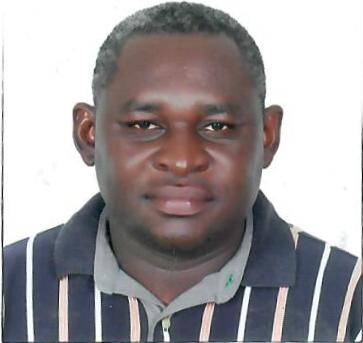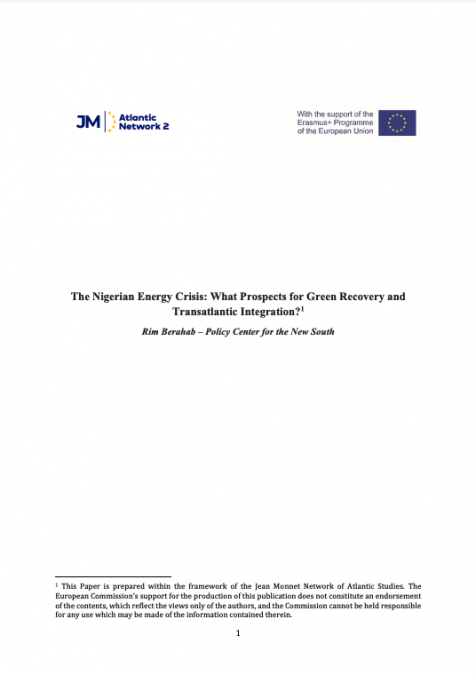Light Up Internally Displaced Peoples Camps w/ Solar by Michael David Terungwa, Nigeria (ADEL 2017)
The project sought to promote the adoption of Renewable Energy Technology as a fundamental means of energy source within the internally displaced person’s camps (IDP Camps) in North East Nigeria. The insurgency in Northern East Nigeria has constantly led to the increasing displacement of residents of this region, leading to the displacement of over 2 million people. As a result, internally displaced persons’ (IDPs) Camps have been created to accommodate affected persons. The Camps have no electricity; the only available energy source options for households in the camps are often limited to consuming firewood and biomass. The project achieved multiple important objectives including powering 500 households with solar, providing electricity through solar to at least 5000 people, producing and distributing 500 fuel wood efficient stoves and training 100 people with skills on installation and maintenance of solar systems to become solar technicians. As a result, the project received commitment by Government through the North East Development Commission to power the camp and others with solar. About Michael: David is a climate leader and the Executive Director of GIFSEP- Global Initiative for Food Security and Ecosystem Preservation based in Nigeria and the Africa Regional Coordinator for Citizens Climate Lobby. David is an Executive Board member of NGO Committee on Sustainable Development and a member NGO Major Group Urban Cluster- NY. He is a member of the Resilient 40, Head mitigation and Energy; Nigerian Civil Society platform on the Paris Agreement and volunteer coordinator of 350 Nigeria among others. Driven from deeply held conviction, with his personal mantra “Thou shall not pollute the Earth”, he applies a degree in Agricultural Engineering with a specialization in Soil and Water Management and a post graduate certificate in Renewable energy in helping people, young and old to help themselves, empowering them to build Climate Change Resilience and attain the Sustainable Development Goals.










